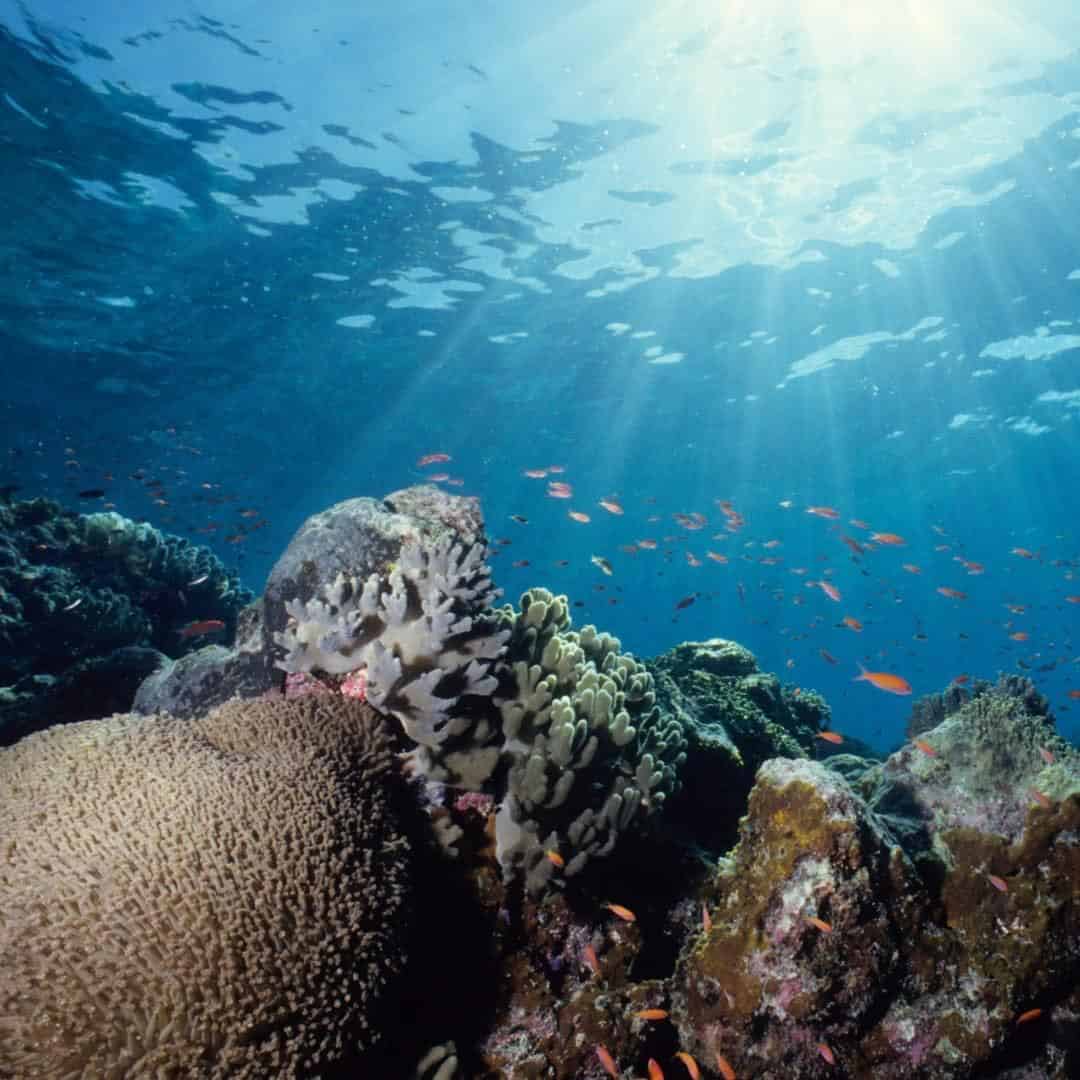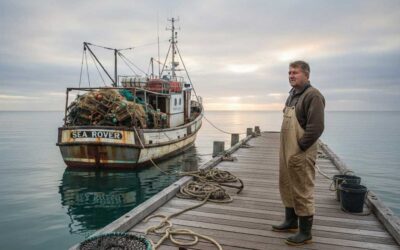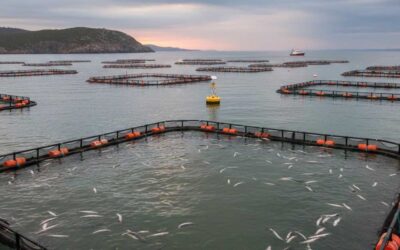
Introduction
Western Rock Lobster is Australia’s most valuable fishery, generating over $400 million annually. For Indigenous communities, crayfish is not just a commercial product — it is part of cultural heritage and diet. Yet many communities are effectively locked out of the fishery due to high entry costs and tight quota systems.
This raises the question: what legal considerations apply to Indigenous crayfish quota allocations in WA?
Legal Foundations
- Akiba v Commonwealth (2013) confirmed that native title includes commercial fishing rights.
- WA fisheries law allows for quota allocation and leasing, but the system is highly competitive.
- Indigenous communities have lobbied for dedicated allocations, citing cultural and economic exclusion.
The Challenges
- Quota Scarcity: The WA rock lobster fishery is fully allocated.
- High Costs: Licence and quota units sell for millions, pricing out Indigenous groups.
- Regulatory Barriers: Approvals are complex, requiring compliance with biosecurity and sustainability rules.
Legal Pathways for Indigenous Access
- Government Allocation: Advocating for a fixed Indigenous quota share (e.g., 1–2% of TAC).
- Quota Leasing: Leasing pots or units from licence holders.
- Joint Ventures: Partnering with established operators to build skills and share profits.
- Policy Reform: Engaging with ministers to develop Indigenous-specific licensing streams.
Key Contract Considerations
When Indigenous groups lease quota or form JVs, contracts must cover:
- Catch entitlements and how profits are distributed
- Compliance responsibilities, including reporting and gear limits
- Termination rights if obligations are breached
- Transparent benefit-sharing to avoid internal disputes
Risks to Manage
- Misclassification of Indigenous rights as “cultural only,” excluding commercial potential.
- Breaches of compliance rules that risk suspension of licences.
- Governance disputes within Indigenous corporations over revenue and benefit distribution.
The Way Forward
- Governments should commit to Indigenous quota allocations in high-value fisheries like rock lobster.
- Industry should embrace joint ventures and sharefishing models.
- Indigenous corporations should strengthen governance and compliance capacity.
Conclusion
Indigenous communities in WA deserve fair access to the rock lobster industry. The law already recognises their commercial rights — now policy and practice must catch up. With clear contracts, fair quota allocations, and strong governance, Indigenous crayfish fishing can flourish as both a cultural right and a commercial opportunity.



